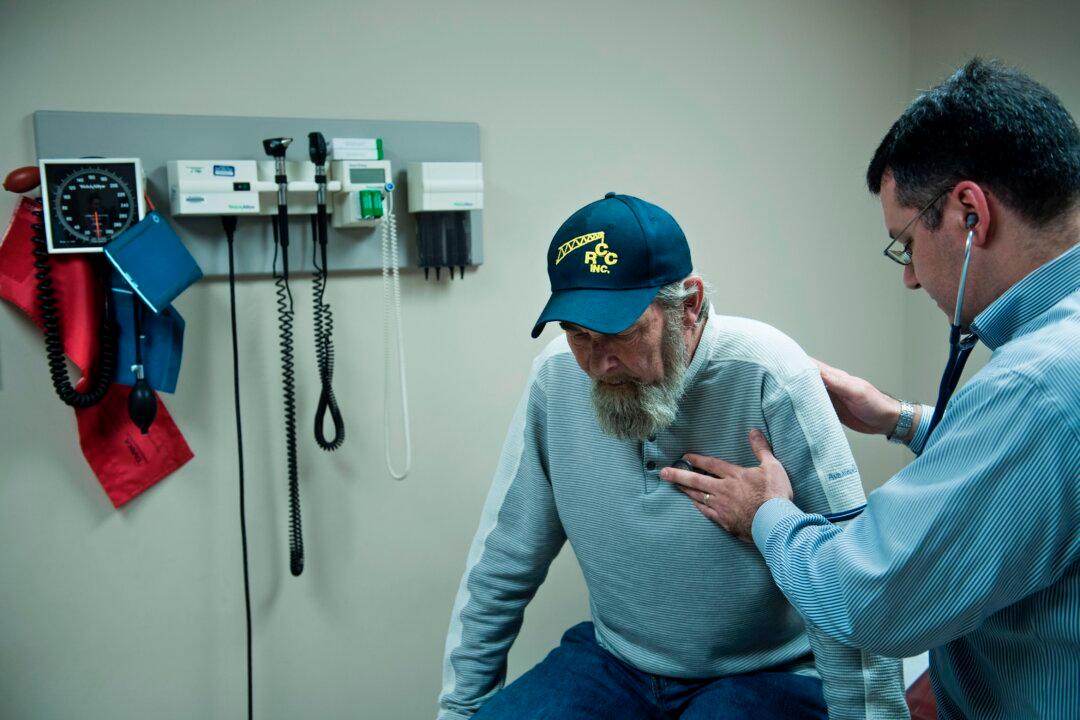A temporary COVID-19 relief program that aimed to lower healthcare premiums under the Affordable Care Act is slated to expire and voters would begin receiving notices just weeks before the midterms in November.
Under the Biden administration-backed American Rescue Plan, a temporary program was initiated to cut monthly healthcare premiums to make it more affordable for people purchasing individual plans under the ACA, also known as Obamacare.





